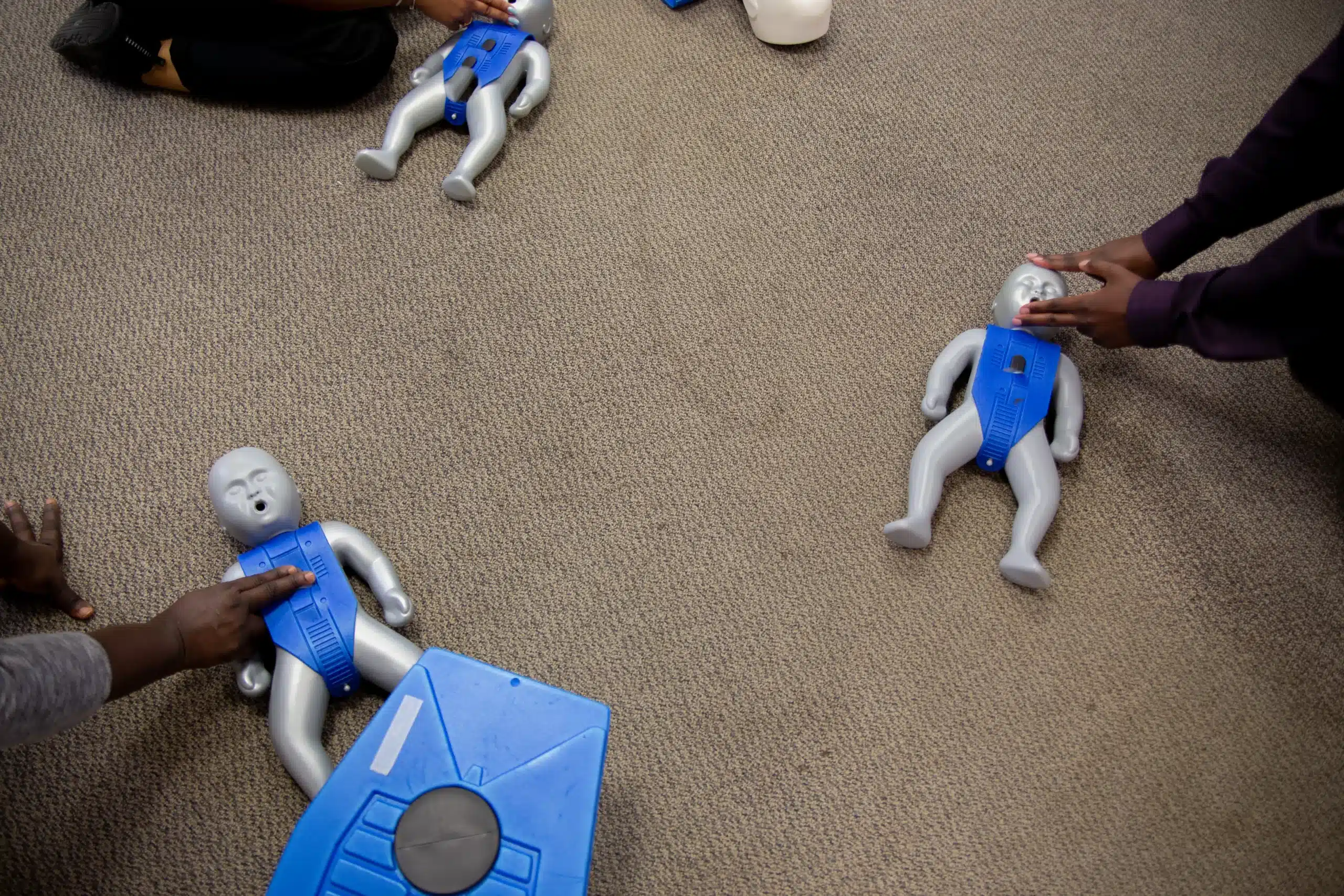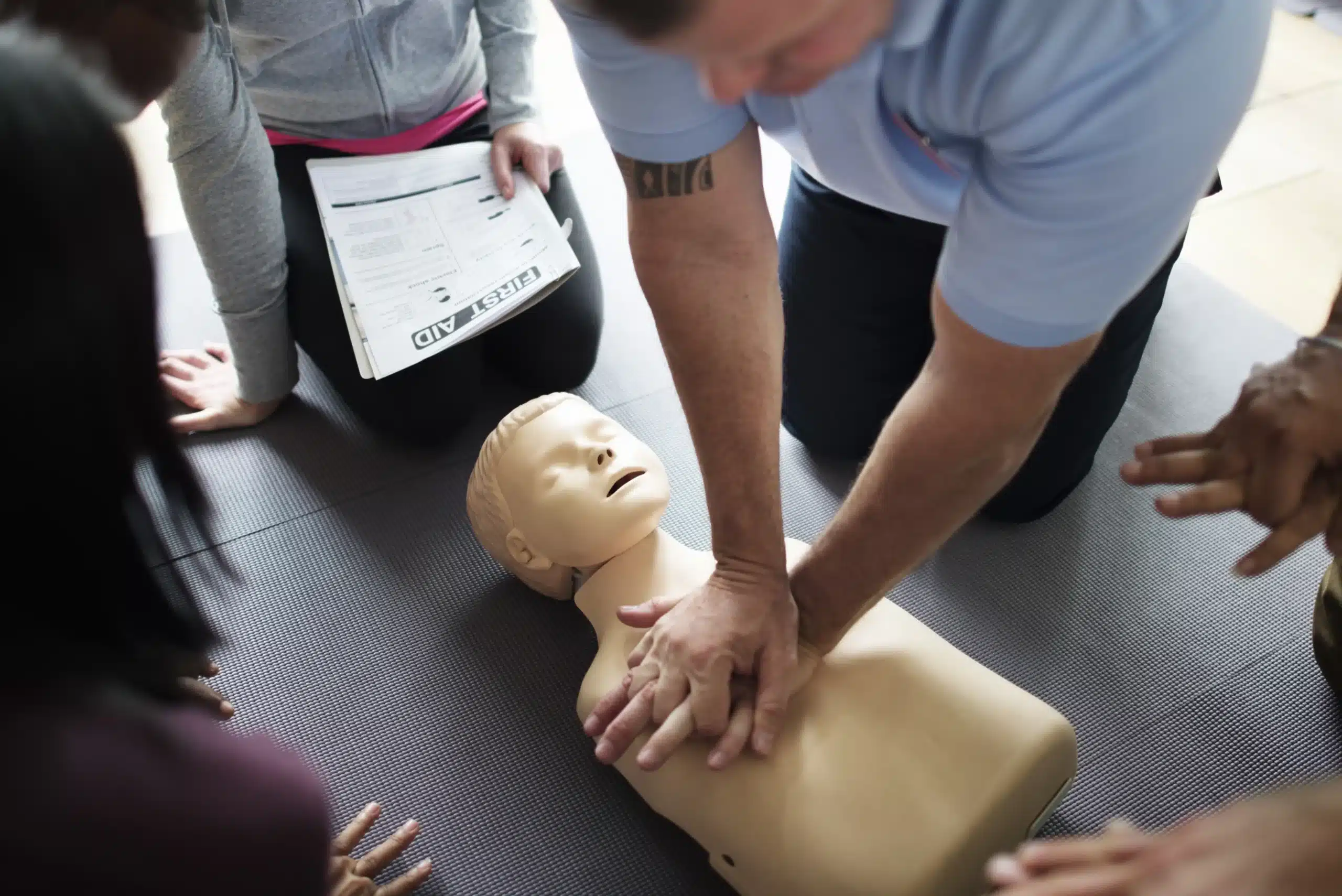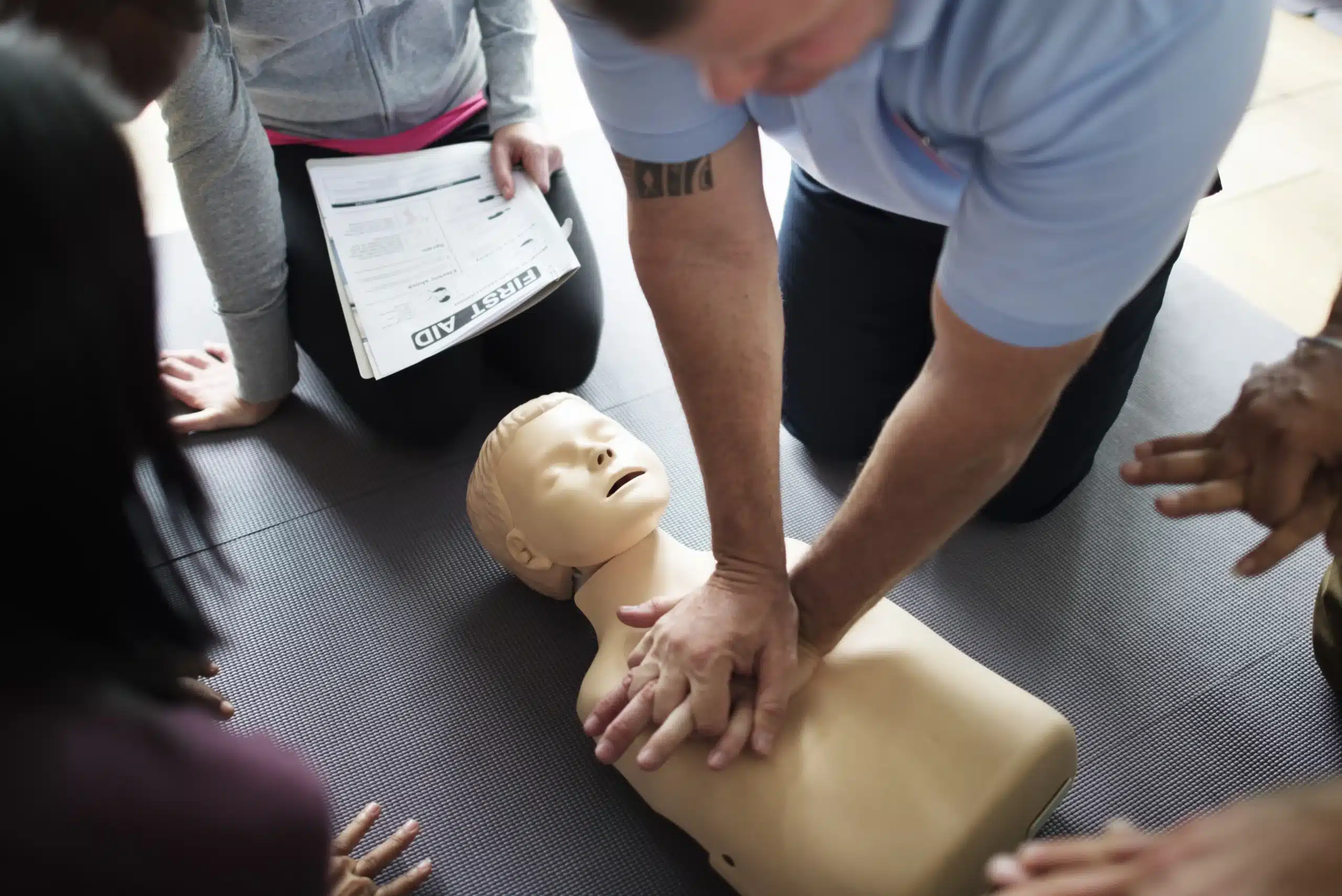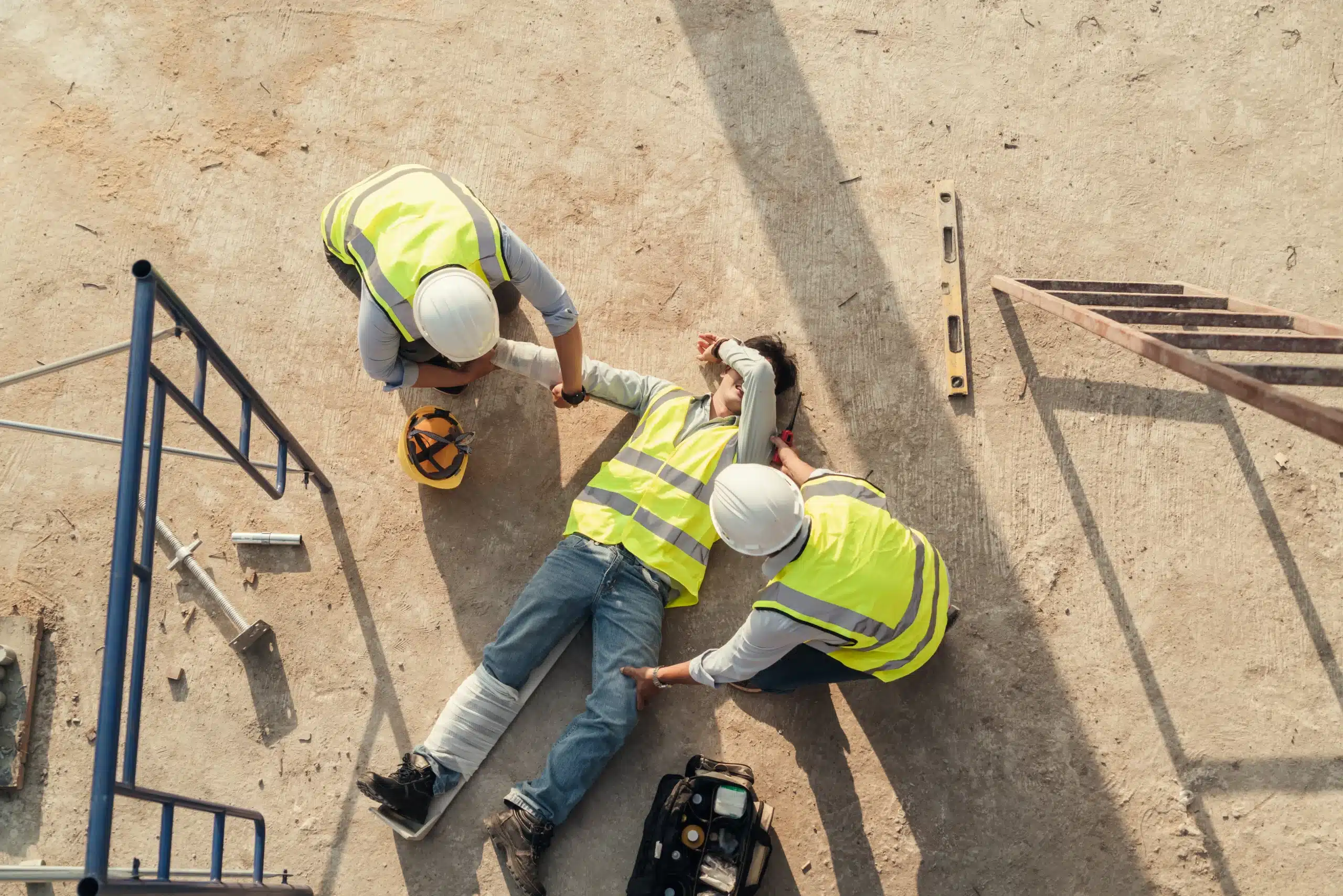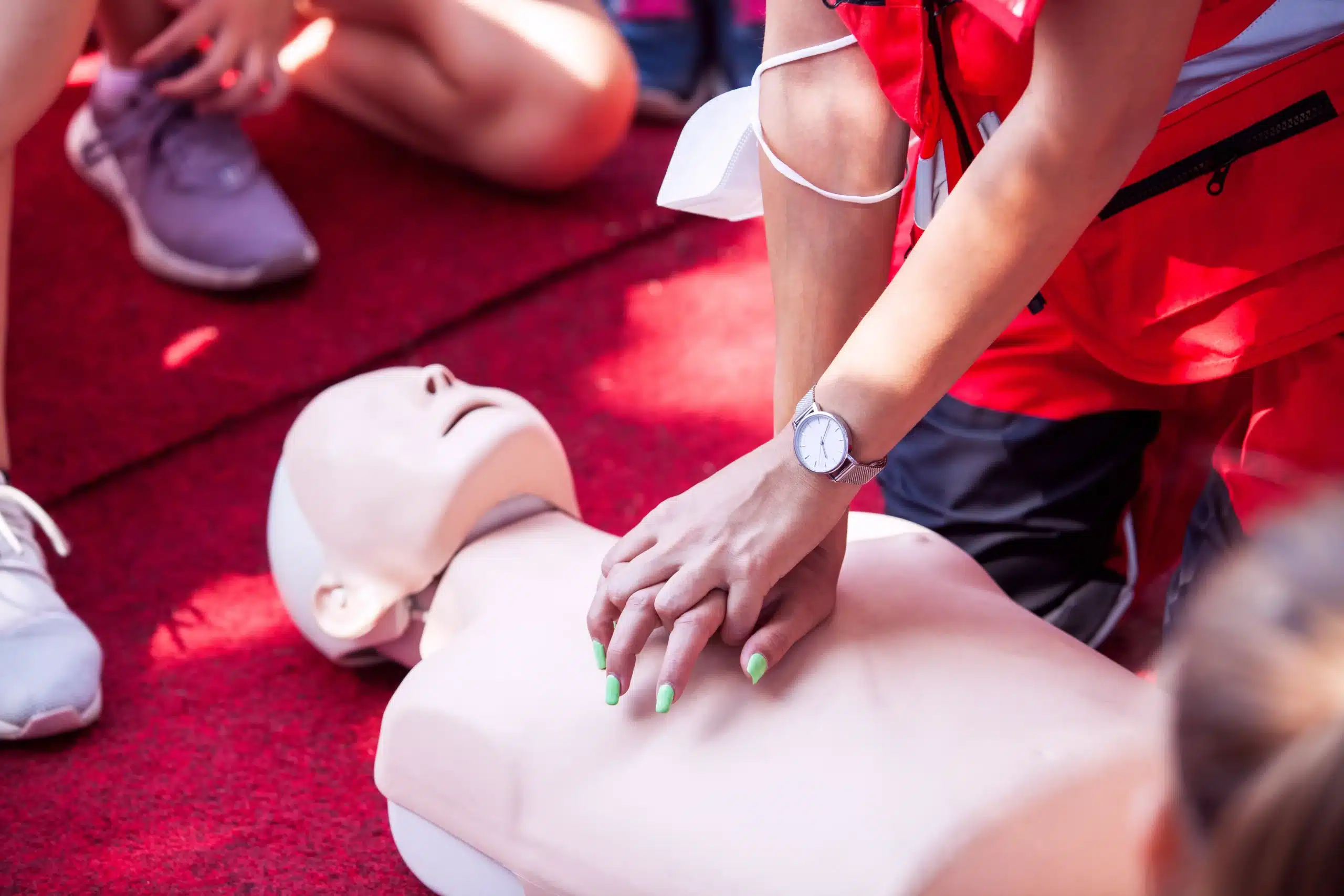Surviving CPR is no small feat—it’s a life-saving event, but it can leave an invisible mark on the mind. While physical recovery is often the primary focus, the psychological impact of experiencing cardiac arrest and resuscitation is profound. For many CPR survivors, life after recovery involves grappling with anxiety, depression, or PTSD. Addressing these emotions is critical for long-term well-being and holistic healing.
This guide dives deep into the psychological recovery for CPR survivors, offering insights into the emotional aftermath of resuscitation and actionable strategies to pave the way toward mental recovery. Whether you’re a survivor, caregiver, or healthcare professional, this blog provides valuable insights into navigating the recovery process.
What You’ll Learn in This Blog:
- The Immediate and Long-Term Psychological Impact of CPR
- Practical Coping Strategies for Survivors and Their Families
- The Importance of Psychological Recovery in Overall Healing
By the end of this post, you’ll understand why emotional resilience matters and how it contributes to a stronger, healthier recovery after cardiac arrest.
Understanding the Psychological Impact of CPR
CPR is more than a medical procedure—it’s a traumatic event. Survivors often recount feeling an overwhelming mix of emotions after resuscitation, from sheer relief to deep confusion. Beyond the initial shock, the psychological recovery process is an essential—but often overlooked—part of healing.
Immediate Emotional Responses
Surviving CPR often triggers an acute stress response. Common feelings include:
- Fear of facing death again or not fully recovering
- Confusion about what happened during the event
- Anxiety around potential triggers, such as overexertion or symptoms resembling those of the cardiac arrest
Some survivors may experience Acute Stress Disorder (ASD), leading to symptoms like flashbacks, hypervigilance, and difficulty sleeping.
Long-Term Effects on Mental Health
The emotional toll of cardiac arrest doesn’t dissipate on its own. Long-term psychological effects often include:
- Post-Traumatic Stress Disorder (PTSD), with studies showing an incidence rate of 19% to 27% among survivors.
- Depression, affecting 14% to 45% of survivors, according to research published in the Resuscitation Journal.
- Survivor’s Guilt, stemming from feelings of unworthiness or questioning why they survived while others with heart conditions might not.
Beyond mental health diagnoses, many survivors confront existential questions about life, meaning, and mortality, which can reshape their worldview and personal priorities.
The Role of Psychological Screening
Given the prevalence of psychological distress, early screening is vital. Regular check-ins with healthcare providers—and referrals to mental health professionals—can help detect and address emotional struggles early.
Pro Tip: Learning about the psychological impact is the first step toward understanding the importance of emotional recovery for CPR survivors.
Coping Strategies for Survivors and Families
Recovery isn’t linear, but the right tools and support can empower survivors to regain confidence and emotional strength. Here are some strategies to help both survivors and their families move forward.
1. Mindfulness-Based Techniques
Mindfulness can reduce anxiety and calm the mind. Practices such as meditation, yoga, and journaling allow survivors to process their emotions over time.
- Breathing Exercise: Sit in a quiet space, inhale deeply for 4 counts, hold for 4 counts, and exhale for 4 counts. Repeat this cycle five times to create a sense of calm.
- Journaling Exercise: Write about your thoughts each evening—focusing on feelings, fears, or gratitude.
2. Support Networks
Social support plays a crucial role in recovery. Family, friends, and peers can provide emotional balance, perspective, and hope.
- Join online forums like the American Heart Association’s Support Network.
- Attend local support groups for cardiac arrest survivors, where open discussions help reduce the stigma of emotional aftereffects.
Encourage families to engage as part of the healing process. Loved ones can participate in survivor-focused workshops or therapy sessions to foster communication and understanding.
3. Healthy Lifestyle Adjustments
Physical health affects mental recovery. Building sustainable habits can anchor your day and improve both emotional and physical resilience. Key tips include:
- Exercise: Aim for light activities like walking or yoga to boost serotonin.
- Nutrition: Focus on a heart-healthy diet rich in fruits, vegetables, whole grains, and lean proteins.
- Sleep: Incorporate relaxation routines to ensure 7–8 hours of rest per night.
4. Seek Professional Help
Sometimes, emotional challenges require expert intervention. Speak to a therapist or counselor, particularly one experienced in trauma care or health-related stress.
Evidence-based techniques for psychological recovery include:
- Cognitive Behavioral Therapy (CBT): Helps to reshape negative thought patterns and reframe trauma.
- Eye Movement Desensitization and Reprocessing (EMDR): Reduces the emotional distress associated with traumatic memories.
When choosing a professional:
- Look for therapists certified in trauma-focused care.
- Verify they have experience working with complex medical recoveries.
Reminder: Mental health professionals are there to guide—not judge. Reaching out for help is a brave step forward.
Why Psychological Recovery is Essential
Addressing the emotional impact of CPR is just as crucial as physical rehabilitation. Psychological well-being reduces overall stress on the body, allowing survivors to focus on regaining their strength and quality of life.
- Improved Physical Healing: Lower stress levels can stabilize blood pressure and reduce the risk of additional cardiac events.
- Enhanced Quality of Life: Emotional support leads to more meaningful personal relationships and greater life satisfaction.
By treating both body and mind, survivors can create a balanced recovery plan. Emotional health is the bridge to a fuller recovery.
Did You Know? Resilience is a skill that grows over time. Every small step in emotional recovery strengthens the foundation for longer-term healing.
Empowerment Through CPR Training
Imagine having the tools to save a life. Gaining CPR certification not only empowers you but also helps create environments where survivors feel supported.
Consider exploring these AHA-certified courses offered in Redwood City, CA:
- CPR and First Aid
- Basic Life Support (BLS)
- Advanced Cardiovascular Life Support (ACLS)
- Pediatric Advanced Life Support (PALS)
For healthcare teams, regular skill updates are crucial—not just for saving lives during cardiac arrest but also for understanding the emotional needs of survivors post-recovery. Visit [Safety Training Seminars] to explore courses designed for both individuals and organizations.
Joining the cycle of life-saving can help you understand recovery at a deeper level.
Your Path Toward Healing
Recovering from cardiac arrest is not just about physical rehabilitation—it’s about rebuilding the whole self. Understanding the psychological recovery for CPR survivors reveals the depth of what survivors face and the strength they demonstrate daily.
Remember: healing takes time. Coping tools, connection with others, and professional support can help you grow stronger with every step. Reach out to resources, share your story, and lean on your community. You’re not alone in this, and your resilience inspires more than you know.
If you or someone you know could benefit from these insights, please share this blog. Together, we can create a compassionate world for survivors. Plus, if you’re ready to make a difference, sign up for a CPR training course today—because knowledge saves lives.

